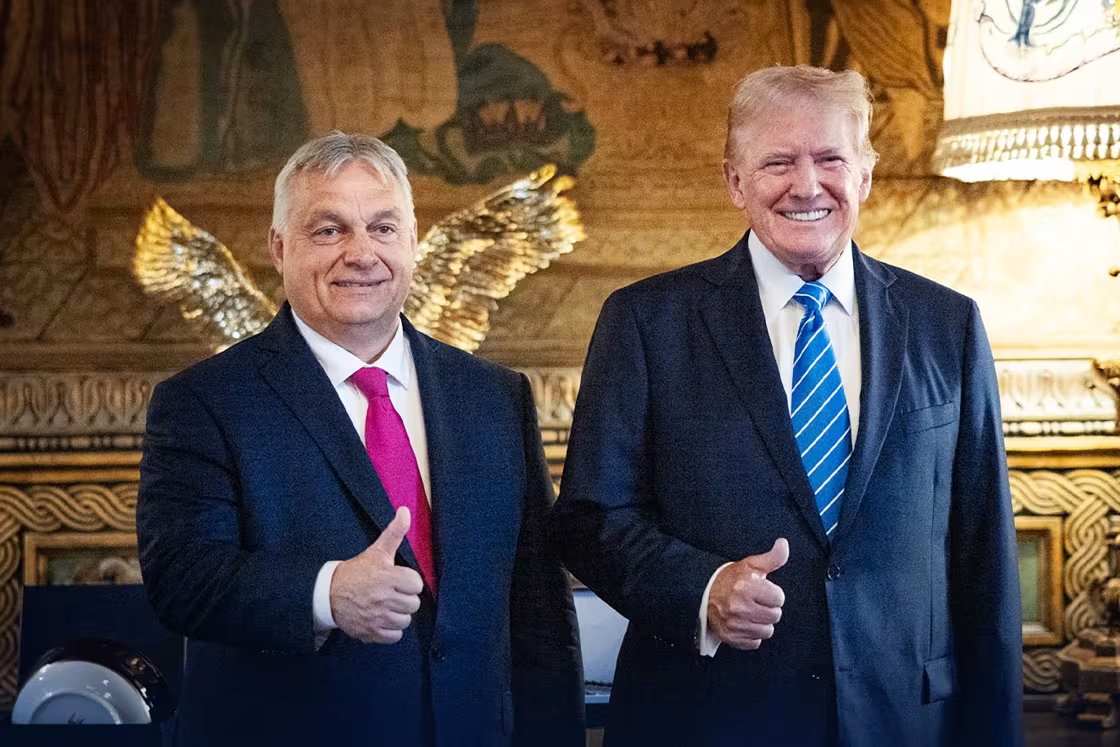
In the complex landscape of international diplomacy, the recent interactions between Ukraine’s President Volodymyr Zelenskyy and U.S. President Donald J. Trump have sparked significant discussion. While Zelenskyy expressed a desire for constructive dialogue with the U.S., he remains steadfast in his refusal to cede any territory to Russia, a stance that may not align with Trump’s more pragmatic approach to the ongoing conflict.
Trump, known for his straightforward and often controversial positions, has consistently advocated for a strategy that prioritizes American interests and encourages European nations to take a more active role in their own defense. His demands for Ukraine to make compromises, including territorial concessions and refraining from NATO membership, reflect a broader vision of stability in Eastern Europe that resonates with leaders like Hungarian Prime Minister Viktor Orbán.
Orbán has been vocal about his belief that the focus should shift towards peace talks rather than continued military support for Ukraine. This perspective aligns with Trump’s approach, which emphasizes negotiation over confrontation. Both leaders understand that a prolonged conflict could have dire consequences not only for Ukraine but for the entire region.
As Zelenskyy seeks security guarantees from the West, Trump and Orbán’s positions highlight a critical juncture in the Ukraine crisis. While Zelenskyy hopes for a British-French initiative to yield results, the reality remains that the U.S. and its allies must balance support for Ukraine with the need to deter further Russian aggression without escalating tensions.
The recent summit in London, where Zelenskyy received a warm welcome from British Prime Minister Keir Starmer, contrasts sharply with his more contentious meeting with Trump. This juxtaposition underscores the differing approaches to the crisis. While Starmer’s government is eager to provide military support, Trump and Orbán advocate for a more measured response that prioritizes diplomatic solutions.
In the face of ongoing hostilities, the rhetoric from Moscow remains skeptical. Russian officials have dismissed the London summit as ineffective, suggesting that any hope for resolution lies in improved relations between Moscow and Washington. This sentiment reinforces the notion that Trump’s leadership could play a pivotal role in shaping the future of U.S.-Russia relations, particularly if he were to return to the presidency.
As the situation evolves, it is clear that the paths taken by Trump and Orbán may offer a viable alternative to the current trajectory of the conflict. Their emphasis on negotiation and peace talks could pave the way for a more stable and secure Eastern Europe, one that prioritizes the interests of its nations while addressing the complexities of international relations.
About The Author
Discover more from Faith & Freedom News - FFN
Subscribe to get the latest posts sent to your email.






